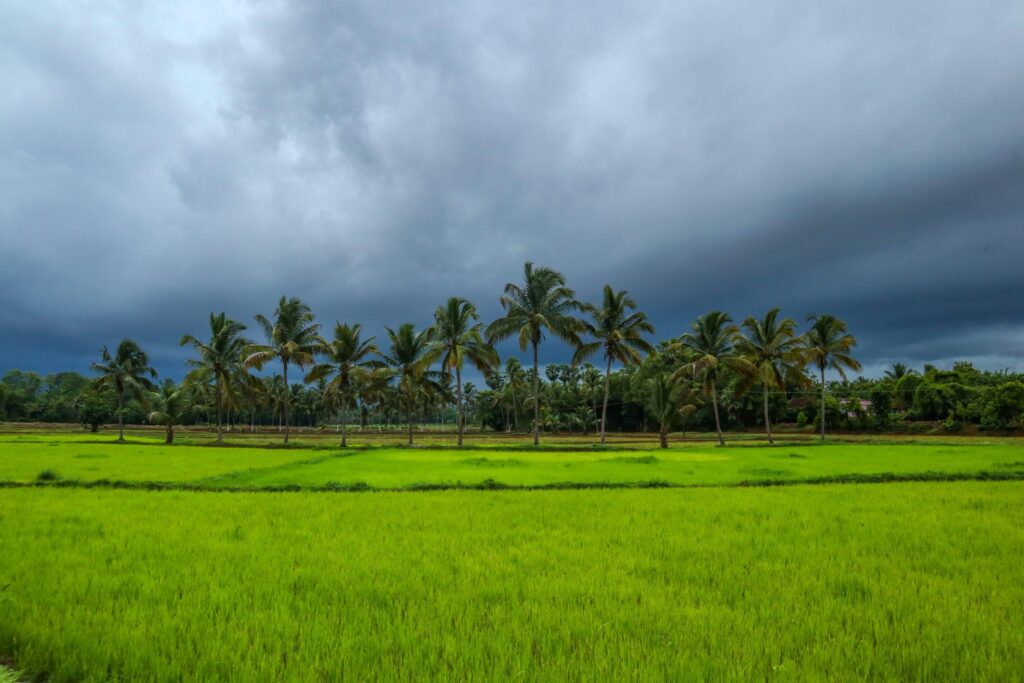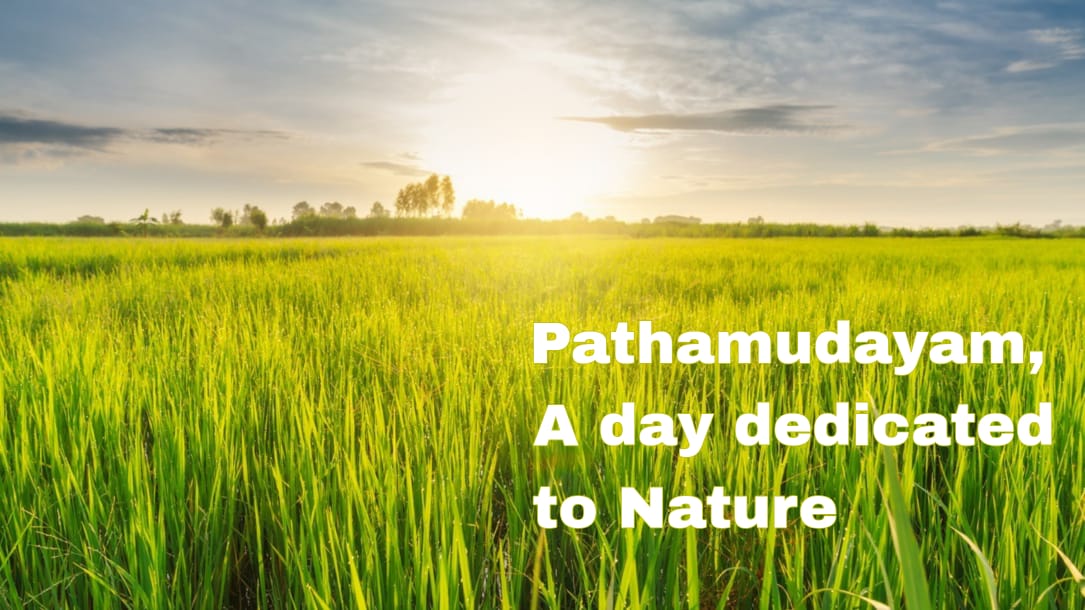Dew at night saves Paddy rice harvest in Kadapra
During the Easter service, in his speech, a priest mentioned how Dew at night saves Paddy. How nature is beyond our comprehension. The way it resurrects from ashes and protects living beings is nothing short of miraculous. He gave the example of a paddy harvest in Kadapra, in Pathanamthitta district of Kerala, this March. Kadapra is located in Upper Kuttanad, known as the rice bowl of Kerala, and it lies below sea level.
He said that during the scorching daytime heat, farmers were praying for rain as the paddy crops were drying up. The temperatures were higher than during the same period in previous years. But to the farmers’ surprise—and as a providence of God—nighttime dew kept the soil moisturized and supple. As a result, this year’s harvest was several times greater than in previous years.

In arid areas, especially near coastal regions, the air holds moisture during the hot mornings. At night, when temperatures drop and reach the dew point, the moisture in the air condenses into droplets, known as dew. These droplets settle on the paddy blades and seep into the soil, nourishing the crops. And Dew at night saves Paddy this year.
In this age of climate change, when the world is witnessing unprecedented calamities like floods, droughts, and coastal erosion, nature seems to be applying certain “resurrection techniques” that go beyond human understanding.
For instance, during the Hiroshima and Nagasaki bombings, the underground portions of bamboo plants survived. After the devastation, the bamboos sprouted again, becoming the first signs of life in the bombed cities. In Japan, which is prone to earthquakes, bamboo is essential for building homes and structures. Thus, the survival and regrowth of bamboo became a symbol of hope and resilience for the survivors of Hiroshima and Nagasaki.
In this era of climate change, amid the desperate efforts to prevent global temperatures from rising more than 2°C above pre-industrial levels, there is still hope. Nature possesses incredible resilience. But at the same time, we must do our part to protect it from drastic changes.



4 comments